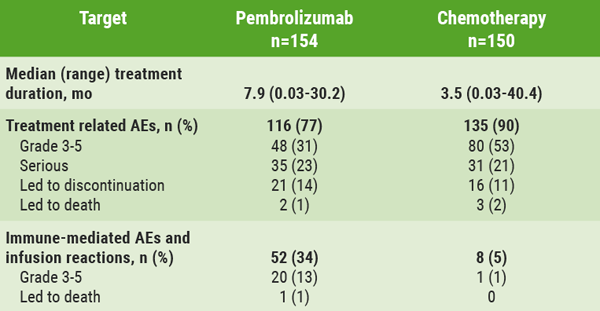That's according to a global survey of 173 clinical sites participating in 171 lung-cancer clinical trials in 45 countries.
"Clinical trial enrollment declined by 43% from 2019 to 2020, with the most dramatic decrease in April to August of 2020," Dr. Matthew Smeltzer of the University of Memphis, in Tennessee, said in a statement.
"Although monthly COVID-19 cases increased consistently for all of 2020, trial sites implemented mitigation strategies, and the impact of COVID-19 on trial enrollment was significantly less in October to December compared with April to June of 2020," said Dr. Smeltzer.
He presented the survey results at the International Association for the Study of Lung Cancer (IASLC) 2021 World Conference on Lung Cancer.
The challenges most often cited by survey respondents were fewer eligible patients (67%), suspension of trials (60%), protocol compliance (61%), institutional closures (39%) and availability of research staff (48%).
Overall, 26% of trial sites reported disruptions due to COVID-19 infection among trial participants and 40% reported disruptions due to exposure-related quarantine. Patient-specific challenges included willingness to visit the trial site (63%), ability to travel (60%) access to the trial site (52%).
Patient concerns included fear of COVID-19 infection (83%), securing transportation (38%), travel restrictions (47%), and lab/radiology access (14%).
To respond to these barriers, clinical trial sites instituted several strategies, including modified monitoring requirements (44%), telehealth visits (43%), modified required visits (25%), mail-order medications (24%), and altered trial schedules (19%).
Some sites used labs (27%) and radiology (20%) at non-study facilities, and a few implemented altered (7%) or electronic (10%) consent processes.
The majority of survey respondents felt that the most effective mitigation strategies were delayed visits (65%), remote monitoring (64%), delayed assessment (62%), Institutional Review Board (IRB) changes (62%), remote symptom monitoring (59%) or diagnostics (59%), and telehealth visits (59%).
"Overall, a more flexible approach, removing unnecessary barriers, may improve enrollment and access to clinical trials, even beyond the pandemic," Dr. Smeltzer said during a conference press briefing.
"We think there are some good lessons learned here as far as what rigor do we need to maintain the value and the quality of clinical trials versus what flexibility can we have to make trials more feasible, more accessible and more patient friendly," he added.
The study had no commercial funding.
SOURCE: https://wclc2021.iaslc.org/ 2021 World Conference on Lung Cancer, presented September 9, 2021.
By Megan Brooks
Posted on
Previous Article
« Britain begins world’s largest trial of blood test for 50 types of cancer Next Article
Support for gene-specific risk-reduction strategies in Lynch syndrome »
« Britain begins world’s largest trial of blood test for 50 types of cancer Next Article
Support for gene-specific risk-reduction strategies in Lynch syndrome »
Related Articles

September 21, 2021
Real-world data shows inferior survival compared with IMpower150 results
© 2024 Medicom Medical Publishers. All rights reserved. Terms and Conditions | Privacy Policy
HEAD OFFICE
Laarderhoogtweg 25
1101 EB Amsterdam
The Netherlands
T: +31 85 4012 560
E: publishers@medicom-publishers.com

